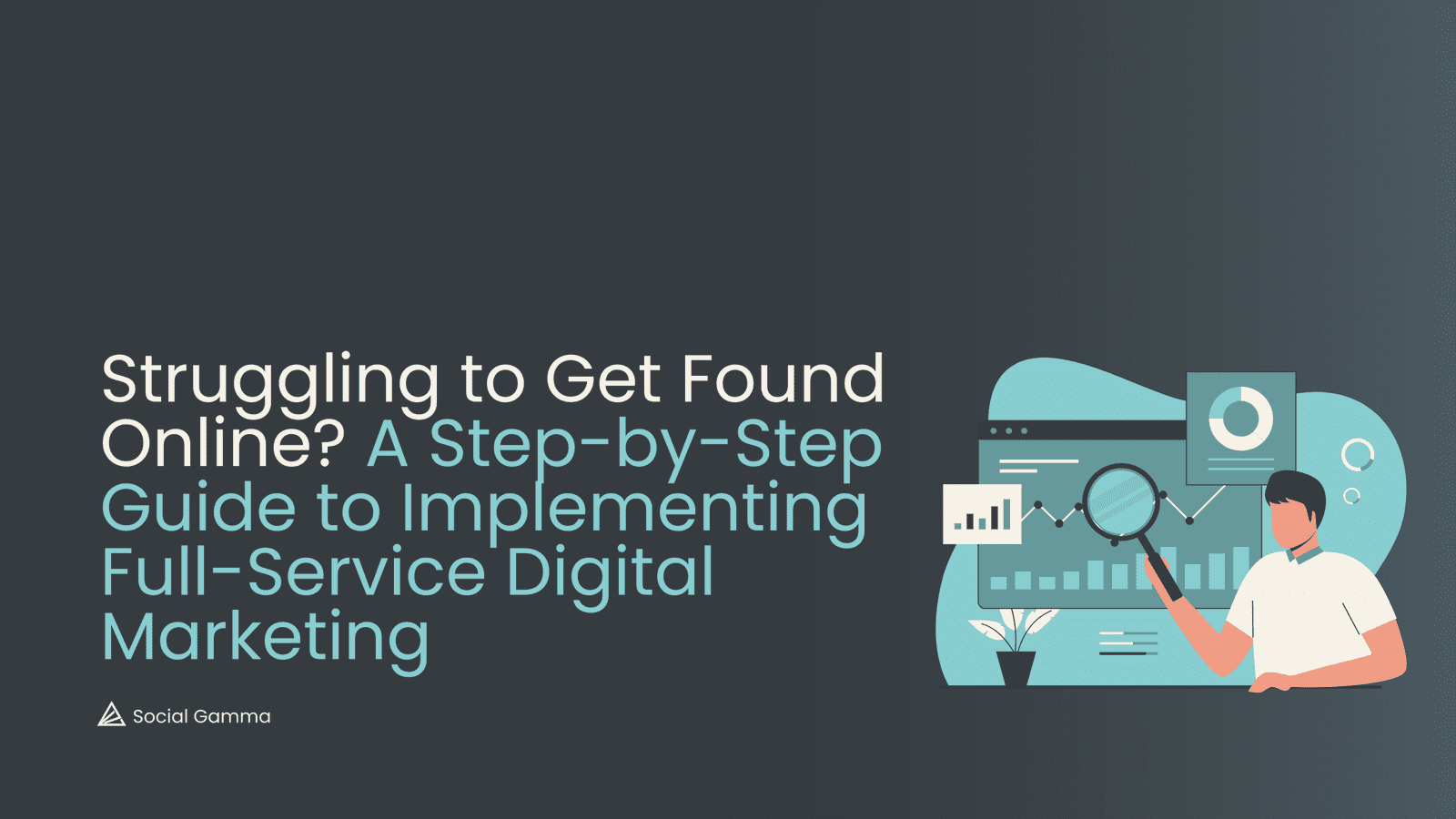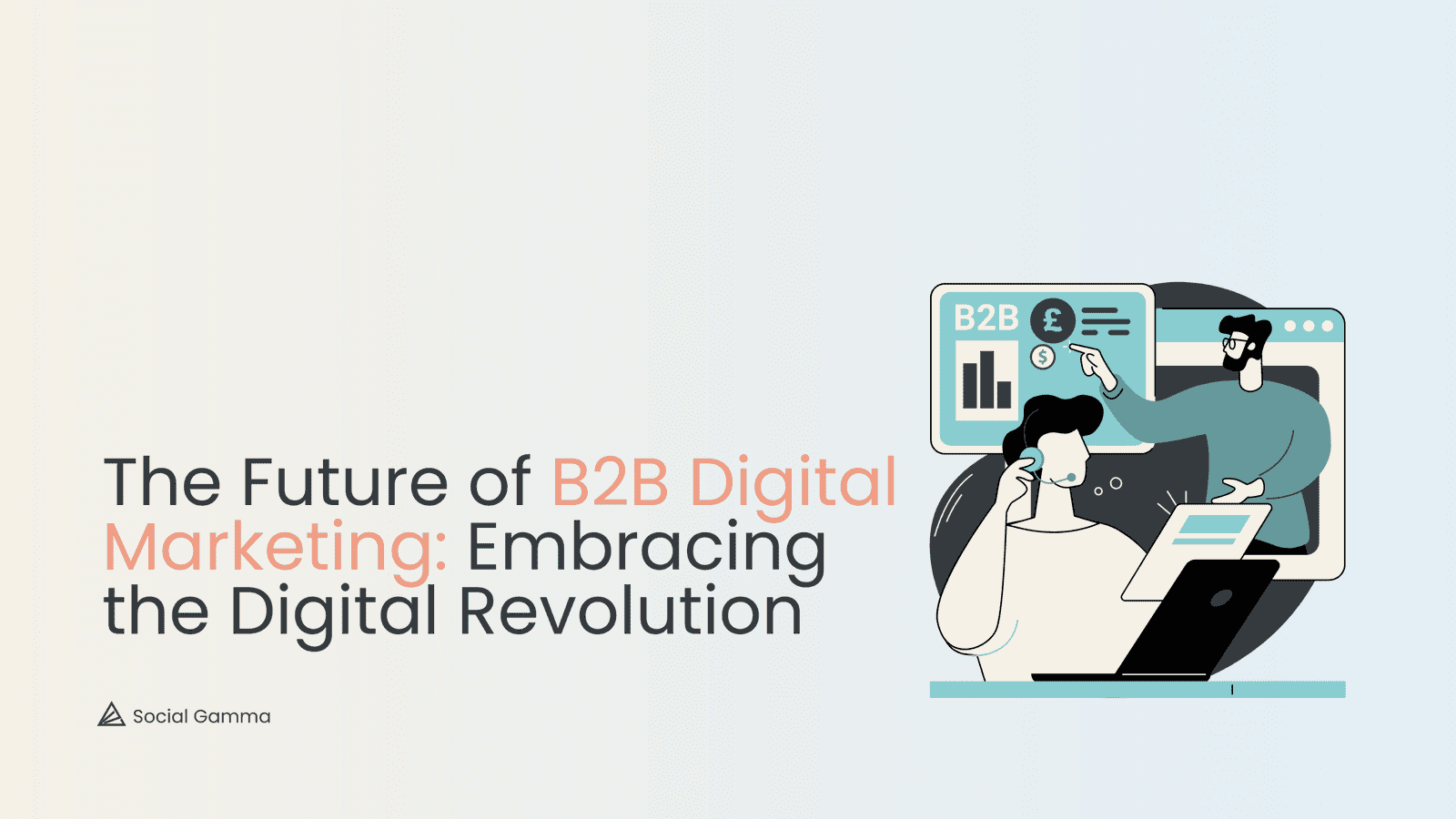In today’s data-driven world, businesses of all sizes rely on collecting and analysing vast amounts of information to gain insights into their customers and drive growth. However, traditional data collection methods have come under scrutiny in recent years due to privacy concerns amongst the public
Data is the new oil and companies are constantly seeking to collect more and more of it. But what happens when the data in question is personal? What happens when it belongs to your customers? Enter zero-party data.
Contents
What is Zero Party Data?
Zero-party data refers to the information that customers willingly and proactively share with businesses. Unlike first-party data, which is collected through a customer’s interactions with a business, zero-party data is provided directly by the customer through explicit actions such as surveys, polls, and preference centres.
This data includes information such as product preferences, purchase intentions, personal interests, and lifestyle habits. It is often considered the most valuable type of data because it is provided voluntarily, with the customer explicitly choosing what information to share, and under what circumstances.
Why does it matter?
Zero-party data is important for several reasons. First and foremost, it provides businesses with access to accurate and up-to-date information that can be used to tailor their marketing strategies and improve the customer experience. By understanding their customers’ preferences and interests, businesses can create more personalised and relevant messaging that resonates with their target audience.
Secondly, zero-party data is a valuable tool for building customer trust and loyalty. By giving customers more control over their data and explicitly asking for their input, businesses can demonstrate their commitment to transparency and data privacy. This, in turn, can lead to stronger relationships with customers and increased customer retention.
Finally, zero-party data can help businesses comply with regulations such as GDPR and CCPA by providing a clear framework for data collection and usage that is transparent and easily understood by customers.
How is it collected?
Preference Centres
A preference centre is a website or portal where customers can customise their experience with a business by choosing what types of communication they receive and how frequently they receive it. By allowing customers to opt-in to specific types of messaging, businesses can collect valuable zero-party data about their preferences and tailor their marketing accordingly.
Surveys and Polls
Surveys and polls are a great way to collect zero-party data from customers. By asking targeted questions about customers’ preferences and interests, businesses can gain insights into their target audience and create more effective marketing campaigns.
Interactive Content
Interactive content, such as quizzes and assessments, can be used to collect zero-party data from customers. By asking customers to answer questions about their interests and preferences, businesses can gain valuable insights into their target audience and create more personalised content that resonates with them.
Social Media Engagement
Social media platforms provide a wealth of opportunities for businesses to collect zero-party data from their followers. By analysing engagement metrics such as likes, shares, and comments, businesses can gain insights into their customers’ preferences and interests and use this information to create more effective marketing campaigns.
Loyalty Programs
Loyalty programs provide an excellent opportunity to collect zero-party data from customers. By offering incentives such as discounts and rewards, businesses can encourage customers to share information about their preferences and behaviours, providing valuable insights into their target audience.
Leveraging Zero Party Data
Leveraging zero-party data can be a game-changer for businesses, allowing them to tailor their marketing efforts to the specific preferences and needs of their customers. Let’s say you own a fashion boutique, and you collect zero-party data from your customers by offering them a personalised quiz on your website. You can use this data to curate product recommendations and create targeted email campaigns that appeal to their individual style and preferences.
Another example of zero-party data in action is with meal kit delivery services. By asking customers about their dietary preferences and cooking habits, these services can create personalised recipe suggestions and even suggest meal plans tailored to their unique needs. This not only improves the customer experience but also helps to increase customer loyalty and retention.
But it’s not just businesses that can benefit from zero-party data. Consumers themselves can also benefit from sharing their data with businesses. By providing businesses with more accurate and relevant information about their needs and preferences, consumers can receive better products and services that are tailored to their individual needs.
What does the future hold?
As businesses continue to navigate the ever-evolving landscape of data privacy and regulation, zero-party data has emerged as a beacon of hope for those seeking to build deeper, more meaningful relationships with their customers. By providing customers with a platform to proactively share their preferences, interests, and needs, businesses can create truly personalised experiences that resonate with their audience on a profound level.
Its astounding rise is a trend that digital marketers can no longer ignore. The potential to build better customer relationships and unlock growth opportunities through transparent and ethical data collection practices is immense. However, with great power comes great responsibility, and businesses must be diligent in their efforts to obtain and use zero-party data in a responsible and respectful way.
As we look towards the future, it’s important to question how we can maximise the potential of zero-party data while balancing it with the need for privacy and data ethics. Will zero-party data become the new standard in data collection? How will businesses navigate the challenges and opportunities presented by this paradigm shift? Only time will tell, but one thing is for sure – those who embrace zero-party data and use it effectively will be better equipped to succeed in the digital landscape of tomorrow.
Do you want to know more?
If you found this article interesting and useful, follow us on our social media channels to stay updated with our weekly digital marketing insights.
If you want to learn more about our services or contact us, please follow this link to our website http://socialgamma.com/contact-us/ or send us an email at hello@socialgamma.com.
To find us on social media:
Follow us on LinkedIn: https://www.linkedin.com/company/socialgamma/
Follow us on Instagram: @socialgamma
Follow us on Twitter: @social_gamma
Like us on Facebook: @socialgamma


